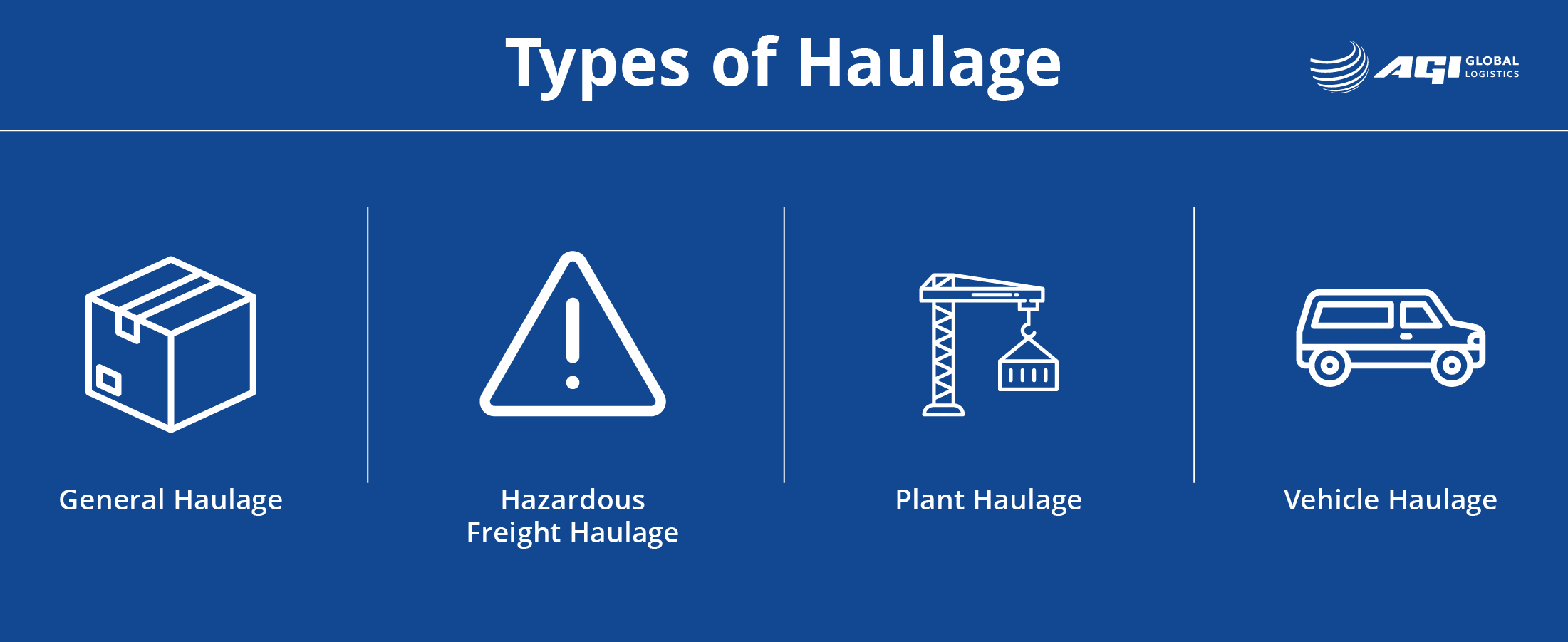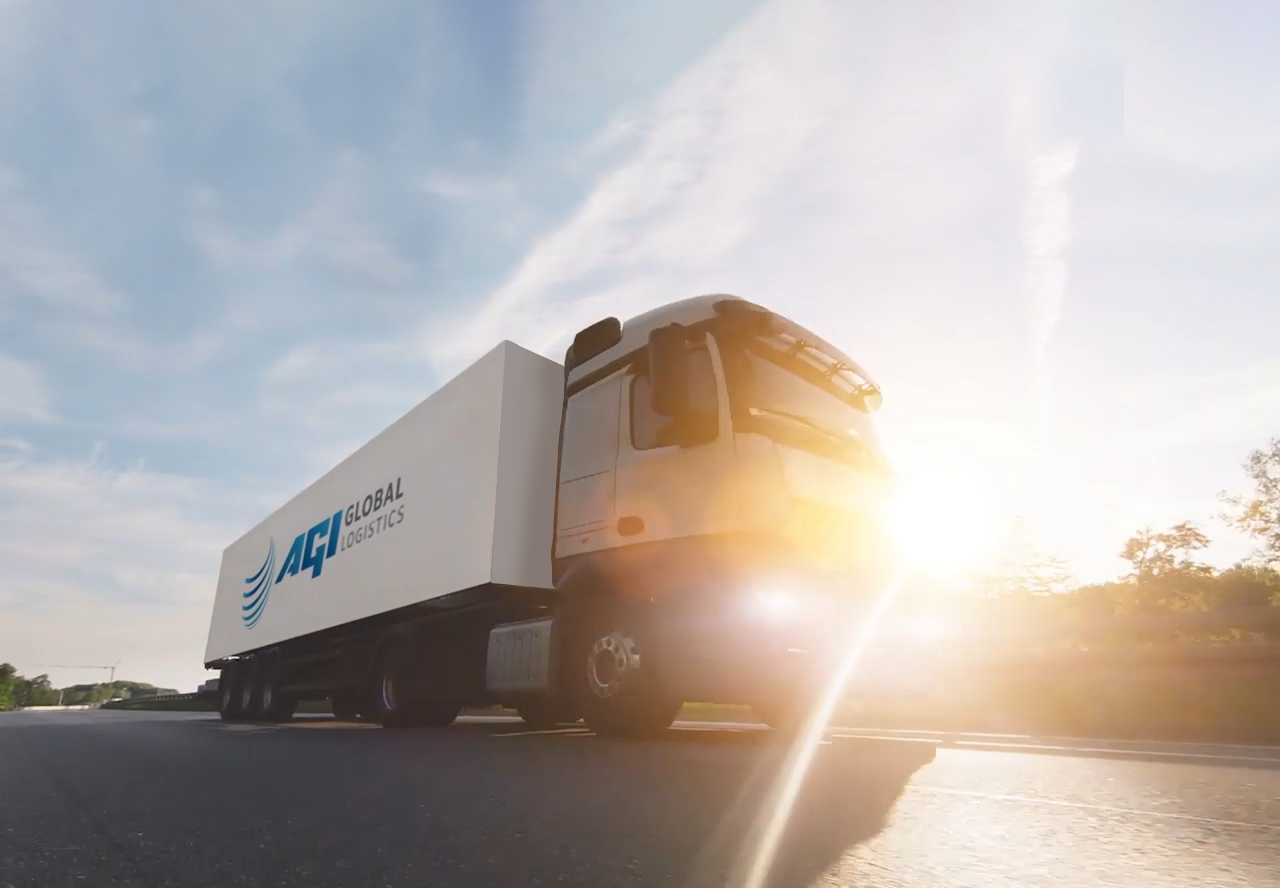If you have any experience of the transport industry then it’s very likely that you’ll have heard of the terms logistics and haulage. While sometimes used interchangeably, there are significant differences between the two terms – both essential to the supply chain but involving different activities and processes!
In this article, we’ll explain the definition of haulage and logistics and the key differences between the two terms.
What does haulage mean?
Haulage primarily refers to the transportation of goods or cargo from one place to another. This is usually done by railway or by road, on a large vehicle like a truck or a lorry. A haulage company specialises and is responsible for the loading, transporting, unloading and successful delivery of goods to the intended location.
There are several different types of haulage including:
General haulage: This is used by a range of sectors, including food and drink, electrical and healthcare. In general haulage goods are transported by road around the country.
Hazardous freight haulage: Used to transport dangerous materials including chemicals, flammable liquids, radioactive substances, explosives and toxic gas.
Plant haulage: This involves the transportation of plant machinery including cranes, dumper trucks and excavators.
Vehicle haulage: Commonly used by commercial customers, vehicle haulage is used to transport vehicles such as cars and motorcycles.

What does logistics mean?
Logistics is a much more complex process than haulage. Logistics companies are responsible for managing the entire supply chain. They organise the transportation, storage, and distribution of goods, ensuring that they are moved efficiently through the supply chain. Logistics encompasses various elements including inventory management, warehousing, order processing, packaging, transportation planning and distribution. The goal of a logistics company is to help customers optimise their supply chain, saving them time and money.
What are the key differences between logistics and haulage?
- Logistics relates to a much larger and more complex process of managing the entire supply chain, compared to haulage which is just a part of logistics and primarily concerned with the movement of goods.
- There is a different skill set required to work in either industry. People who work in a haulage company require knowledge and skills related to the operation of large vehicles and the transportation of goods over long distances, while those who work at a logistics company need skills relating to supply chain management, inventory control and customer service.
- Logistic companies take responsibility for the documentation and data involved in cross-country or cross-border transportation, whereas haulage usually does not.
As we’ve shown in this article, there are significant differences between logistics and haulage. In simple terms, haulage is a part of the wider logistics process. When looking for the transportation of goods, you should always use a reputed haulage or logistics company that can provide excellent end-to-end care.
Here at AGI, we offer a wider range of global logistics solutions, including professional road freight, sea freight, and air freight solutions. To find out more about our logistics services, and how we can help your business, please get in touch or if you’d like to review your current logistics solution then please fill in this form for a free logistics health check.
